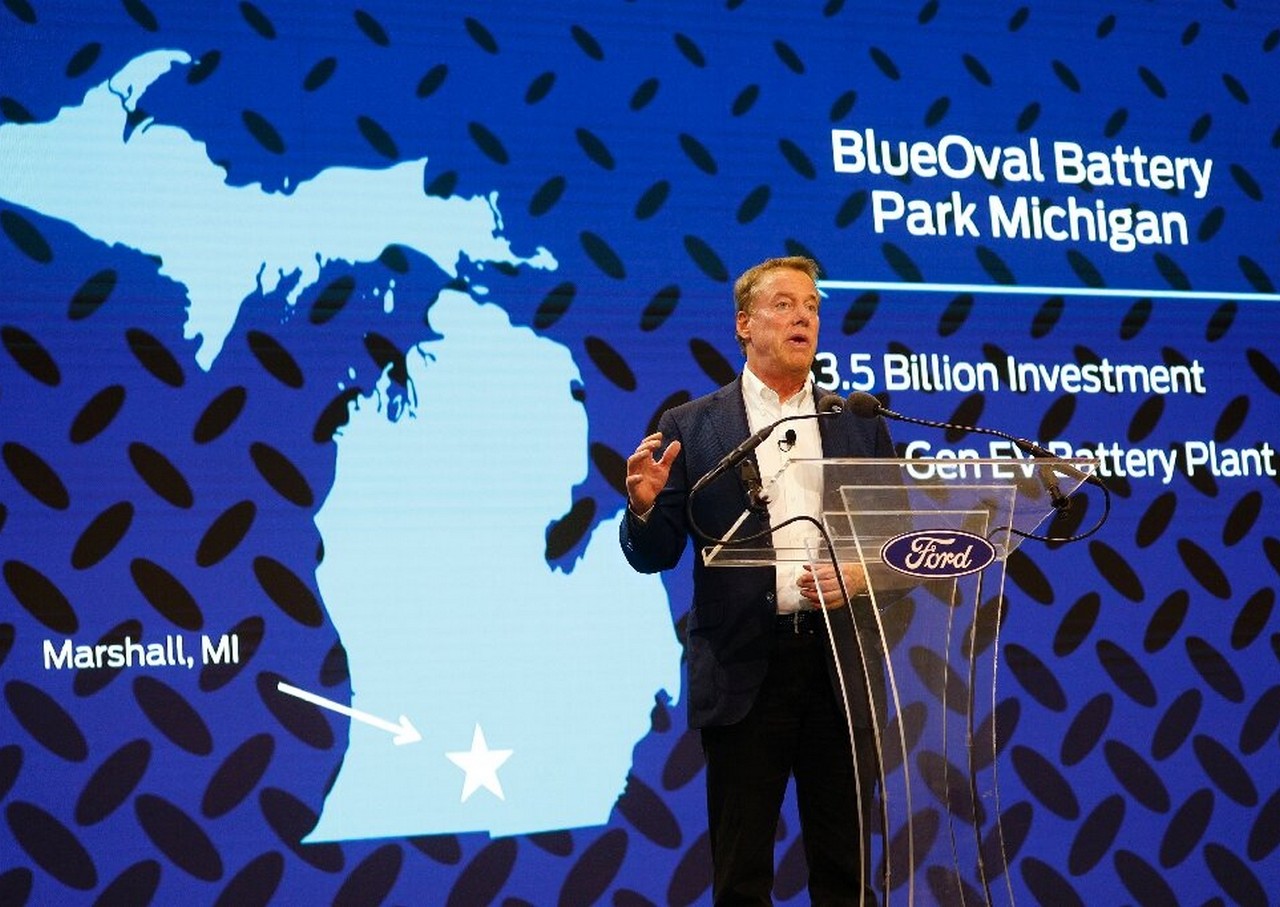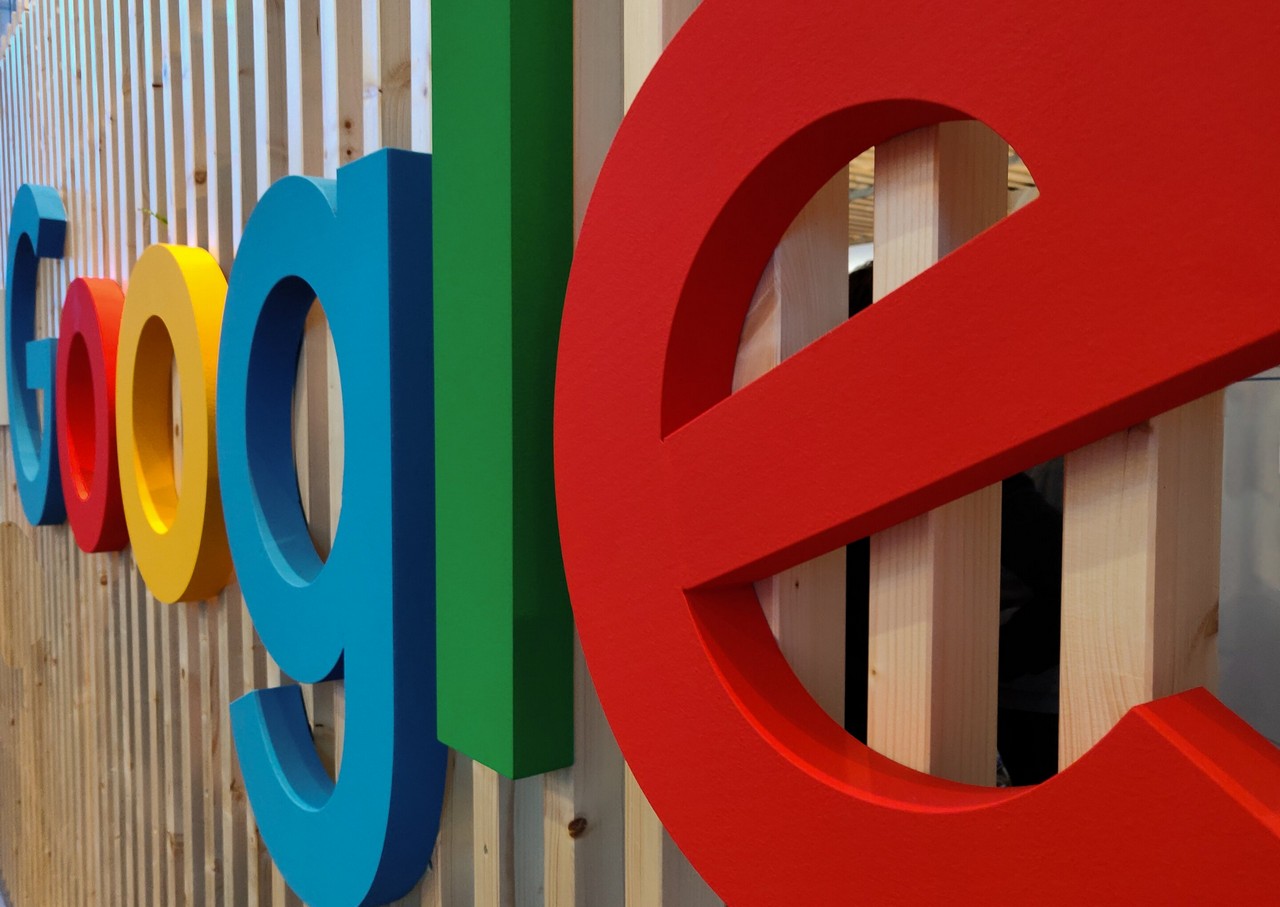In January, the Justice Division sued Google, claiming the tech firm abused a monopoly in internet marketing by seizing management of instruments constructed on high of its platform. Google—together with Amazon and Apple—have confronted related antitrust fees in Europe within the final two years, and each side of the Atlantic have proposed sweeping modifications to regulating tech giants (with success in Europe and stalls within the U.S.).
Nevertheless, a brand new examine co-authored by Vanderbilt professor Sruthi Thatchenkery means that whereas unblocking competitors with antitrust interventions prompts innovation on the platforms, profitability would possibly nonetheless elude small corporations. The reasoning why has to do with the interdependence of platform markets; this paper sheds gentle on platform markets, informing regulators on how higher to guard each tech customers and entrepreneurs.
How competitors features in a different way in platform markets
Within the report, Thatchenkery and her co-author, Riitta Katila of Stanford, tackle the complexity of competitors and innovation in platform ecosystems. These marketplaces create distinctive interdependence amongst corporations: main tech corporations construct a base product and different corporations create apps and programs that leverage it. A platform can take many types, and lately every class has come to be dominated by one or two key gamers.
- Market: Amazon or Alibaba for e-commerce
- On-line Promoting: Google and Meta
- Working Programs: Microsoft, Apple and Google
Platform success requires gaining a vital mass of ‘complementor’ corporations (that promote merchandise, apps, or companies on the platform) in addition to customers (who purchase the merchandise, apps, or companies). Platforms usually entice corporations to affix with belongings like growth instruments, software program integrations, or primary tech infrastructure that these complementors would possibly battle to construct on their very own.
Nevertheless, the symbiosis goes awry when the platform firm begins providing the identical apps and companies as its complementors. Platforms usually give their very own apps and companies unfair benefits and even exploit their market energy to dam rivals. However the analysis finds that antitrust motion towards the platforms has penalties for complementors.
“Restraining a dominant platform could scale back its motivation or skill to share belongings,” Thatchenkery stated. “That makes the revenue implications of antitrust actions much less simple [than for innovation], notably for resource-constrained complementors.”
Constructing off a landmark expertise antitrust case
To check this concept, Thatchenkery and Katila studied the fallout from the Justice Division’s settlement with Microsoft in 2001, the primary main antitrust intervention towards a dominant software program agency, the place Microsoft was accused of blocking innovation in complementor markets.
They recognized 78 public U.S. corporations competing within the enterprise infrastructure software program house between 1998 and 2004 (3 years earlier than and after the settlement) and positioned them in 5 classes: utility integration, builders’ instruments, database administration, community and system administration, and safety. Utilizing three separate sources they constructed a large dataset on the businesses, together with R&D expenditures, variety of patents filed, agency dimension, and return on gross sales (ROS), to measure how firm innovation and earnings modified over the six years.
Microsoft’s personal infrastructure software program leads the market in among the enterprise infrastructure software program classes and struggled to achieve a foothold in others. The examine used a difference-in-difference statistical design to make the most of the variation in Microsoft’s market share throughout classes and look at the antitrust settlement’s results.
Innovation would not all the time translate to earnings in a platform ecosystem
On common, all the businesses produced roughly 5 to 6 patents per yr and noticed a 0.27 drop in ROS throughout the interval. After the antitrust intervention, corporations in classes the place Microsoft’s merchandise had dominated launched a median of 4.2 extra patents yearly than their counterparts, however their ROS noticed a median drop of 9.1 extra proportion factors.
“Unblocking the competitors created a ‘wild west’ the place complementors raced to innovate,” Katila stated. “However they did not revenue.”
Researchers stated that this sample was notably pronounced for low-market share corporations, suggesting that they might have over-relied on the platform for key belongings and have been left with the expensive activity of getting to construct these belongings after the intervention. New entry into the market didn’t improve after the settlement both.
What it means for reining in Huge Tech
The examine has sweeping implications for antitrust actions towards Huge Tech and was nominated for the 2023 Antitrust Writing Awards. It means that whereas antitrust lawsuits can immediate innovation, it may be troublesome to reverse injury brought on by a dominant platform and allow complementors to reap monetary rewards. New laws to supervise a code of conduct within the trade and hopefully forestall dangerous blocking behaviors from taking place within the first place would possibly higher profit expertise entrepreneurs.
The authors additionally cautioned platform homeowners that their information signifies anti-competitive conduct may hurt them.
“To take care of a wholesome ecosystem in the long term, platform homeowners might want to withstand the temptation to maintain complementors weak and as a substitute assist assist their growth to face on their very own,” the authors write.
The examine is printed within the Strategic Administration Journal.







